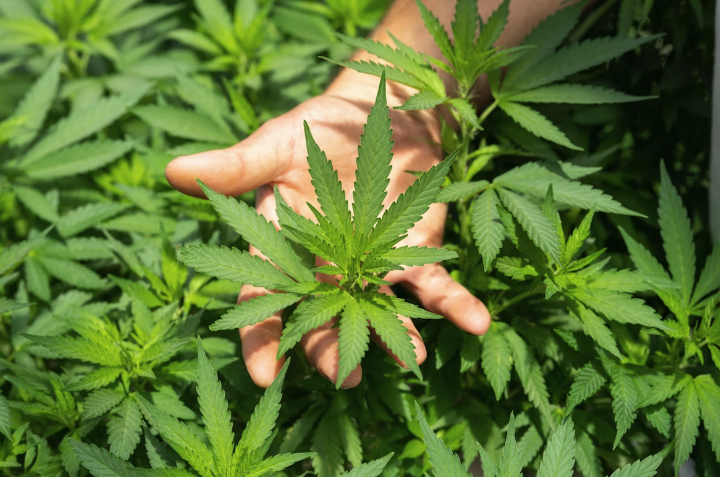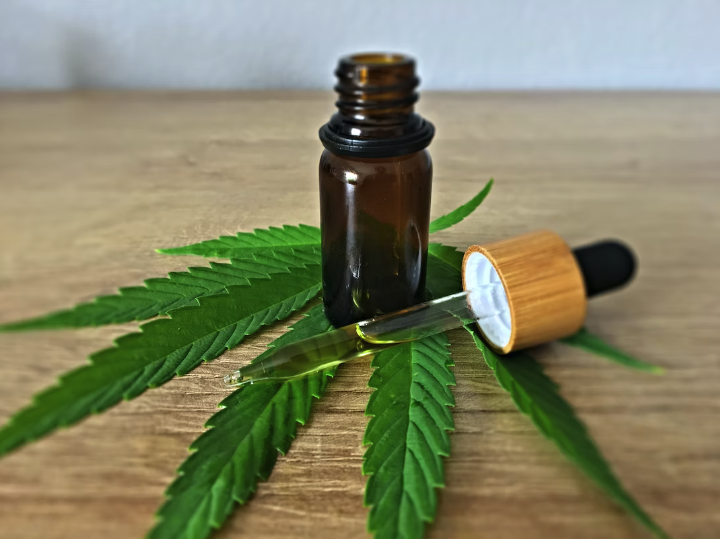What is THCA, anyway?
By Jeff Eckenrode, COO
Photo credit: Diyahna Lewis
Photo credit: Crystal Weed Cannabis
But don’t let the name fool you: the title “minor cannabinoid” refers specifically to these molecules' abundance within cannabis and not their potency.
Produced naturally by cannabis plants, these “minor cannabinoids” can have a HUGE impact on their effects and benefits.
Photo credit: CBD Infos
So today we’re going to set our sights on a particularly fascinating minor cannabinoid called “THCA”.
If you’re looking to learn more about THCA and how it can improve your everyday life, then you’ve come to the right place!
What is THCA?
THCA is short for “tetrahydrocannabinol acid”, the acid form of THC. And it is the most abundant, non-psychoactive cannabinoid found in cannabis.
But how is it different from THC?
Photo credit: Girl With Red Hat
How is THCA different from THC?
THCA and THC are different forms of the same cannabinoid.
Most (if not all) cannabinoids can take two different forms: an “activated” form and an “acidic” form. And these different forms of the same cannabinoid can have distinctly different effects on our physiology.
Photo credit: Lidya Nada
How does THCA work?
Just like with other cannabinoids such as THC or CBD, when we consume THCA in an edible or tincture, it enters our bloodstream (either through the blood vessels in our gums or the lining of our small intestines).
While in the bloodstream, THCA can interact with receptors in your endocannabinoid system.
Photo credit: Elsa Olofsson
What does THCA do?
Unlike THC, which is the “activated” form of THCA, THCA is non-psychoactive. If you eat it or rub it on your skin, you won’t get high.
But does that mean it’s useless? No way!
Photo credit; Jacqueline Munguía
One of the most important distinguishing features of THCA is that it is non-psychoactive when taken alone.
Which makes it particularly useful for therapeutic and daytime applications!
What are the benefits of THCA?
Some research indicates that THCA has therapeutic benefits and is effective in reducing inflammation and pain.
THCA is also known by researchers to be an effective neuroprotectant, so it may be beneficial in the treatment of conditions such as multiple sclerosis, Alzheimer's, and Parkinson's disease.
Photo credit: Claudia Love
Did we answer all your THCA questions?
If not, let us know by commenting here or on our social media accounts!








